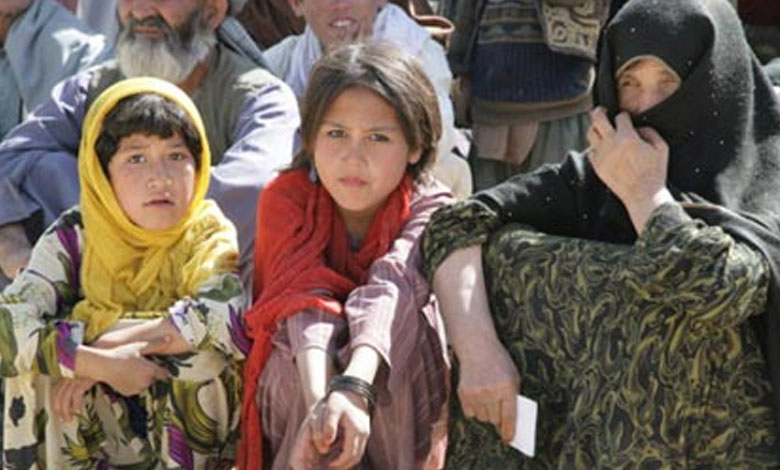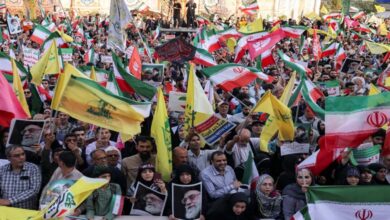The Red Cross: Winter entry threatens all Afghan people

More Afghans are struggling to survive the deteriorating living conditions next year as the country prepares for the second winter under the Taliban, as the movement’s takeover in August 2012 led to a deteriorating economy and a dramatic transformation of Afghanistan, revealed Martin Schwab, Director of Operations at the International Committee of the Red Cross; “Economic hardship is a very serious matter and an obstacle preventing people from fighting for their lives,” said the director of operations at the Red Cross.
Penalties and challenges
The sanctions imposed on the Taliban rulers, the suspension of bank transfers and the freezing of billions of currency reserves in Afghanistan, have already led to the restriction of access to international institutions and foreign funds that supported the country’s aid-dependent economy before the withdrawal of US and NATO forces, Middle East newspaper in London confirmed. Schwab pointed out that the beginning of winter will exacerbate the urgent humanitarian needs that half of the country already faces, adding that “prices are rising due to a whole range of reasons, but the issue of sanctions has also led to serious consequences”. He added, “We see more and more Afghans having to sell their properties to cover their expenses, as they have to buy heating materials, while at the same time they have to face increasing costs of food and other basic items”.
The newspaper added that the sanctions represent a challenge in delivering the necessary aid and supplies to the country in a timely manner, and it is important that all sanctions include humanitarian exemptions so that organizations such as the International Committee of the Red Cross can continue their work, noting that the Red Cross already pays the salaries of 10,500 medical personnel per month to ensure the continuation of basic health care services.
International isolation
“We are well aware that it is not our primary role to pay the medical staff, as a humanitarian organization, that we are not in the best position to do so,” said the ICRC director of operations. “We have done this exceptionally to ensure that services continue to be provided”, he said, adding that the agency was feeding most of the prison population in the country and could not immediately determine how many were in Afghanistan.
“Today, about 80% of the prison population benefit from such food support,” he said, describing the Red Cross role as a “temporary measure” that became necessary after the collapse of the US-backed Afghan government as soon as Washington began the final withdrawal of its troops in August 2021. He said: The Red Cross tried to “make sure that basic services are maintained” in prisons under the Taliban, but no country in the world recognized the Afghan Emirate, as the Taliban calls its administration; The group had previously ruled Afghanistan in the 1990s and was toppled in a US-led invasion in 2001.












